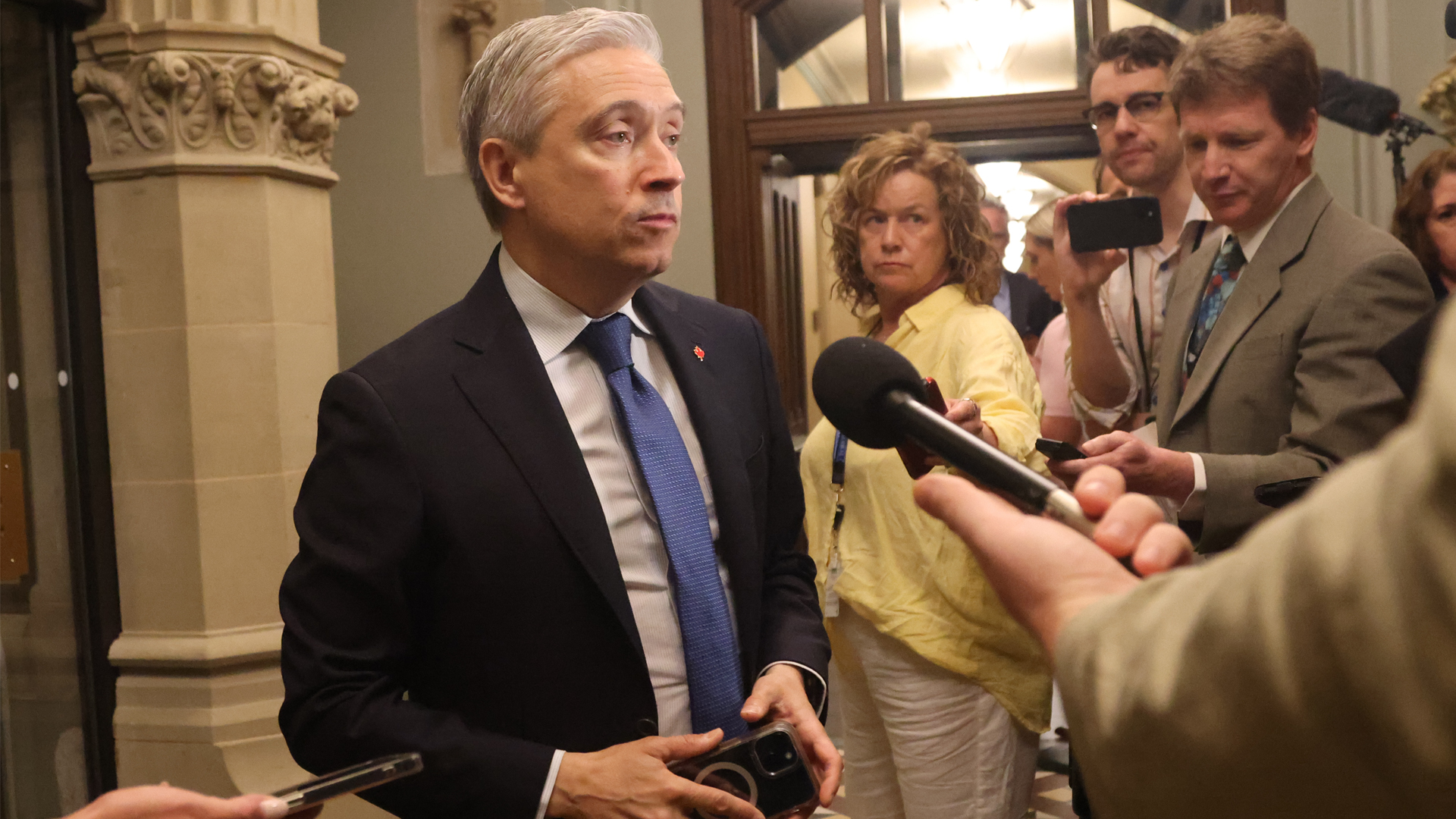
Back in the ‘90s, Canadian songstresses Jane Siberry and k.d. lang sang a hauntingly beautiful duet about the beauty and pain of life, and all its unanswerable questions. “Calling all angels, walk me through this one, don’t leave me alone. Calling all angels: we’re trying, we’re hoping…but we’re not sure how this goes.”
Little did they know that they could have been singing about the Canadian economy in 2010.
Near the end of August, close to a hundred economists from across the country met for our annual summer conference. Over a day and a half, we heard presentations and keynote speeches on topics ranging from pension reform to health care. Phrases like “income quintiles” and “multifactor productivity” were used liberally. We munched on scallops and roast beef, renewed old acquaintances and made new ones. There was much laughter, levity and lively debate.
But two events dropped a sobering tone over the party.
The first was a speech by a highly revered economist from the Swiss-based Bank for International Settlements. (Don’t worry if you’ve never heard of it — only economists really have.) He suggested that the US economy was still in serious trouble, and that by no means is it out of the woods yet.
He also trashed the general equilibrium models and theoretical frameworks that have formed the foundation of macroeconomics for the past 50 years. He said they failed — failed! — to predict what happened in 2008, and offer little help in getting the global economy out of this current mess. Considering the audience, this is a serious statement. The average attendee was probably around 45 years old, which implies that most everyone in the room had either studied macroeconomic theory or worked under its assumptions for about 25 years. With close to a hundred economists in the room, that works out to 2,500 years of cumulative study and work on a theoretical framework we were just told was useless. Ouch.
The second sobering event came near the end of the conference. After a full day of pondering a double-dip recession and whether monetary policy would be sufficient to jump-start the GDP, one delegate stood up to pose a question. She essentially asked: “Does any of this matter if low-income Canadians are losing ground by the day? When senior executive incomes are triple what they were a few years ago, but the best they can offer their lowest-income employees is a 25 percent cut in wages, do we even care?” In my opinion, it was the wisest question of the conference.
This wasn’t a call to crush the capitalist system — this is a group of free market economists, after all. But it was a sombre reminder that economists’ main preoccupation should really be the advancement of all Canadians, not just the statistical average. During the conference, we had brazenly referred to low-income Canadians as “the bottom quintile” as if they were a scientific category. We needed a reminder that we are talking about the lives of Canadians and their families.
The tricky part, of course, is knowing how to raise up the incomes, the skills and the literacy levels of those Canadians most vulnerable to falling through the economic cracks. Handouts aren’t the solution, and government programs have been hit-and-miss. But the free market has failed these people. Whatever the solution, I’m sure it will start by us not referring to low-income Canadians as “the bottom quintile.”
Siberry and Lang called on the angels for guidance. But another writer, one from ancient times, also wrote about angels. He penned some verses to his friends in Corinth, Greece. To paraphrase liberally, Paul said: “If I’m an economist and can speak with the tongues of men and angels, but have no compassion for the least fortunate among us, I’m nothing but a crashing cymbal. All my talk is useless noise.”
The economy is in uncharted territory. The US is in real trouble, and without question Canada will be affected. Some jobs may never come back and many more of us may fall on some very hard times. Calling all angels! We economists need your help because we’re not sure how this goes.
Photo: Shutterstock








